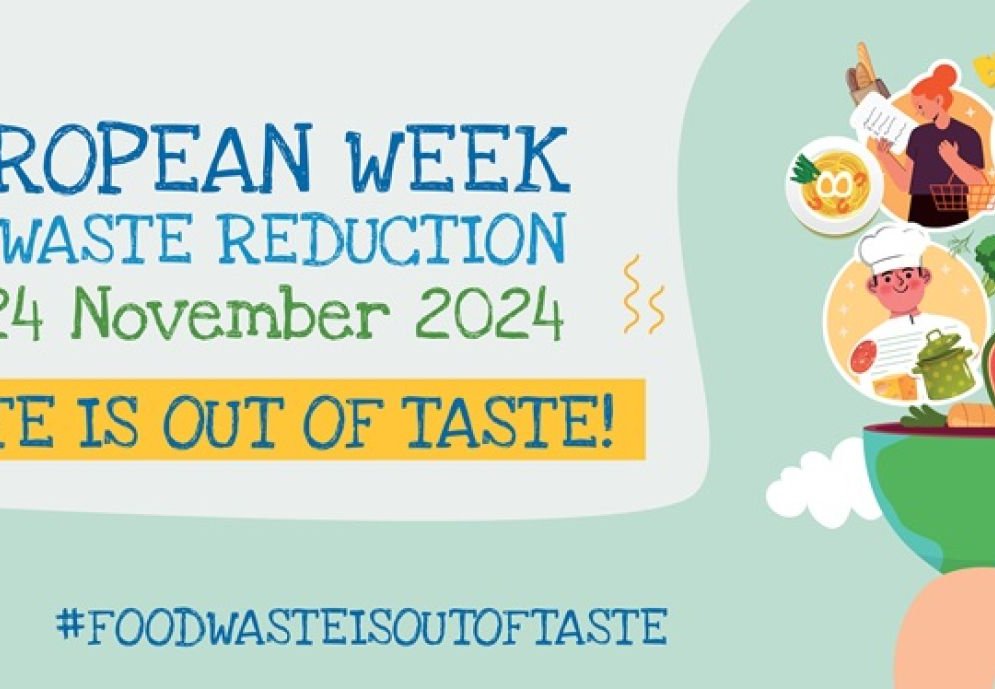

European Week for Waste Reduction
Lebensmittelverschwendung vermindern
Plastikmüll reduzieren
Join a European movement to learn about waste and share ideas to reduce it!
Lernergebnis
Students will understand the importance of waste reduction, identify key strategies to reduce waste in their school and community, and develop actionable plans to promote sustainable waste management.
Erforderliche Zeit
1–2 hours (can be extended for additional activities or a project-based approach).
Material
- Access to the European Week for Waste Reduction website: https://ewwr.eu/
- Poster-making materials (paper, markers, colored pencils, etc.)
- Waste audit sheets (can be designed in advance)
- Recycling bins and labels
- Internet-connected device for group research
Beschreibung der Aktivität
- Introduction (15 minutes):
- Introduce the concept of the European Week for Waste Reduction. Explain its goals, key themes, and its relevance to environmental protection.
- Share examples of successful waste reduction projects from the EWWR website to inspire students.
- Waste audit activity (30 minutes):
- Conduct a waste audit in the classroom or school canteen.
- Divide students into groups and have them categorize the waste into recyclable, compostable, and non-recyclable materials.
- Discuss findings: How much waste could be avoided or redirected to recycling or composting?
- Creative campaign development (30–45 minutes):
- In groups, students brainstorm and design a campaign to reduce waste in their school.
- Ideas can include "zero-waste lunch challenge," setting up better recycling systems, or educational posters.
- Groups present their campaigns to the class.
- Action planning (Optional, 30 minutes):
- Students vote on one or more campaigns to implement during the school year.
Lehrplanbezug
- Science: Teach students about the decomposition of different materials and the environmental impacts of waste.
- Social studies: Explore waste reduction as part of global sustainability goals (e.g., UN SDGs).
- Mathematics: Use data from the waste audit to calculate percentages of waste types and analyze trends over time.
- Languages: Have students write persuasive essays or speeches about the importance of waste reduction.
- Art: Create posters, murals, or other visual projects to raise awareness.
- Civic education: Engage students in creating policies or recommendations for a waste-free school.
This resource encourages practical learning and empowers students to take action within their community while aligning with curriculum objectives.
